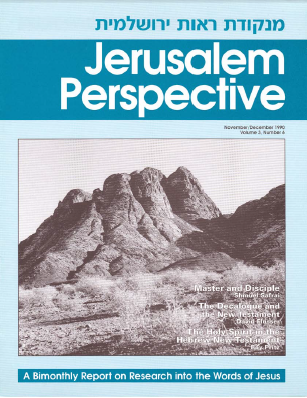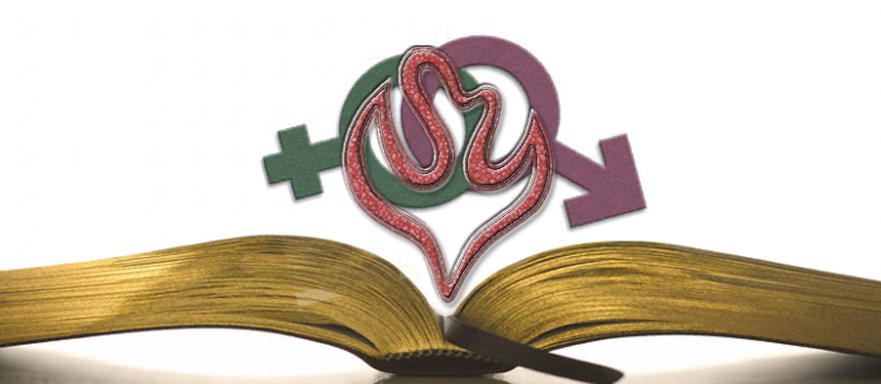Gender is a highly important part of the grammar of many languages, and one must know a noun’s gender in order to use the correct form of its modifiers.
Masculine, feminine and neuter genders exist in English, but the designations are usually intrinsically obvious. For example, mother, sister, aunt and cow are feminine, while father, brother, uncle and bull are masculine. There are a few exceptions, and one may refer in English to a ship, a country or the moon as “she,” but it is more a matter of personification than rules of grammar. Hebrew differs from English in that there is only masculine and feminine gender. Grammatically, nothing can be an “it” in Hebrew, but always must be a “he” or a “she.”
Premium Members and Friends of JP must be signed in to view this content.
If you are not a Premium Member or Friend, please consider registering. Prices start at $5/month if paid annually, with other options for monthly and quarterly and more: Sign Up For Premium
To read the next article in the “New Testament in Modern Hebrew” series, click here.





